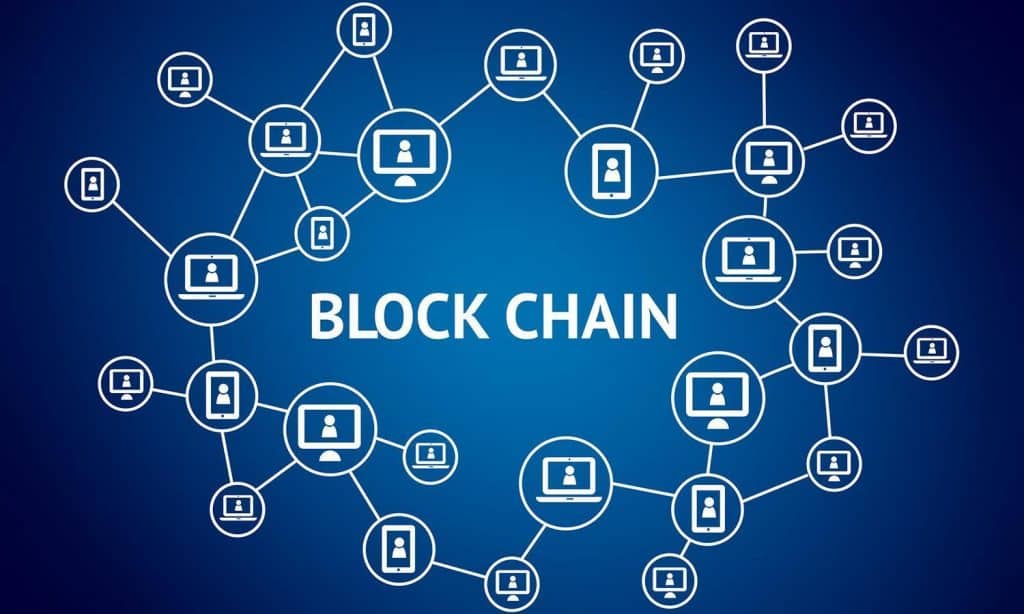Just as shoppers are increasingly making the jump from brick-and-mortar shopping to ecommerce, they may soon adopt new payment methods for online transactions. In such a quick-moving online landscape, it’s only wise to assume the next innovation is right around the corner.
Remember when online shoppers paid primarily with credit cards? Now, digital wallets are rising in popularity as a convenient way to check out. Nearly half of millennials (45 percent) have already used a mobile wallet to pay online.
But ecommerce entrepreneurs are already focused on the next horizon: the future of blockchain technology in ecommerce. Why? To start, over 10 percent of the global gross domestic product (GDP) is projected to be stored in blockchain platforms by 2025.

The Basics of Blockchain
Most people associate blockchain technology with cryptocurrency because it’s the technology that powers Bitcoin, Ethereum and more. The simplest way to describe blockchain is as a distributed ledger of transactions where nodes (computers on a network) store all transactions. Think of it like an online financial statement, but global and independent of any one owner or governing body.
Boosting Speed and Security, Reducing Fraud
Ecommerce sellers know speed and security are the make-or-break factors in their bottom line. To be competitive in today’s marketplace, merchants conduct regular cloud ecommerce platform comparisons to ensure their stores are compatible with as many payment gateways and sales channels as possible. Flexibility is key, so failure to work with popular digital wallets (and perhaps soon, cryptocurrencies) gives customers a reason to seek out a competitor who will.
Making blockchain technology a regular part of ecommerce has the potential to streamline the entire checkout process on both sides. Right now, brands work with third-party vendors (like credit card companies, banks and other payment processors) just to provide the framework for each online transaction. And guess what? All these extra services rack up fees as high as seven percent per purchase—an overhead cost that’s frequently passed along to the buyer.
Adding blockchain technology to the equation would enable peer-to-peer transactions. Remember that accurate, universal ledger mentioned earlier? Transactions would show up there, rather than having to reroute through private third-party vendors and businesses, eliminating many of these fees for everyone involved.
Another hurdle in our current ecommerce landscape is payment fraud, which is on the rise for Card-Not-Present (CNP) transactions online. Online brands have to worry about the costs and bad PR associated with chargeback fraud. However, blockchain technology could potentially streamline the payments process so it’s completely transparent and secure.

Due to the “decentralized structure” and “immutable nature” of blockchain, malicious fraudsters would be unable to alter the transactional data. This would reduce instances of fraud in online selling and boost the trust of customers worldwide—potentially even encouraging them to shop online more frequently without fearing identity theft or worse.
Finally, blockchain tech could simply speed up transactions, meaning more efficient buying and selling through online channels. Although it’s not always apparent to the consumer, some payment processes already involve over 15 steps (and as many as 15 separate fees). Blockchain would eliminate the need for these “middle men”. Along with fees, processing times would diminishtoo. Real-time transactions would become the norm.
This is why ecommerce giants like Alibaba are already investigating possible benefits and use cases involving the future of blockchain in ecommerce. Many people believe cryptocurrency will soon be usable in online buying—meaning websites ready to accept flexible payment methods would gain a competitive edge moving forward.